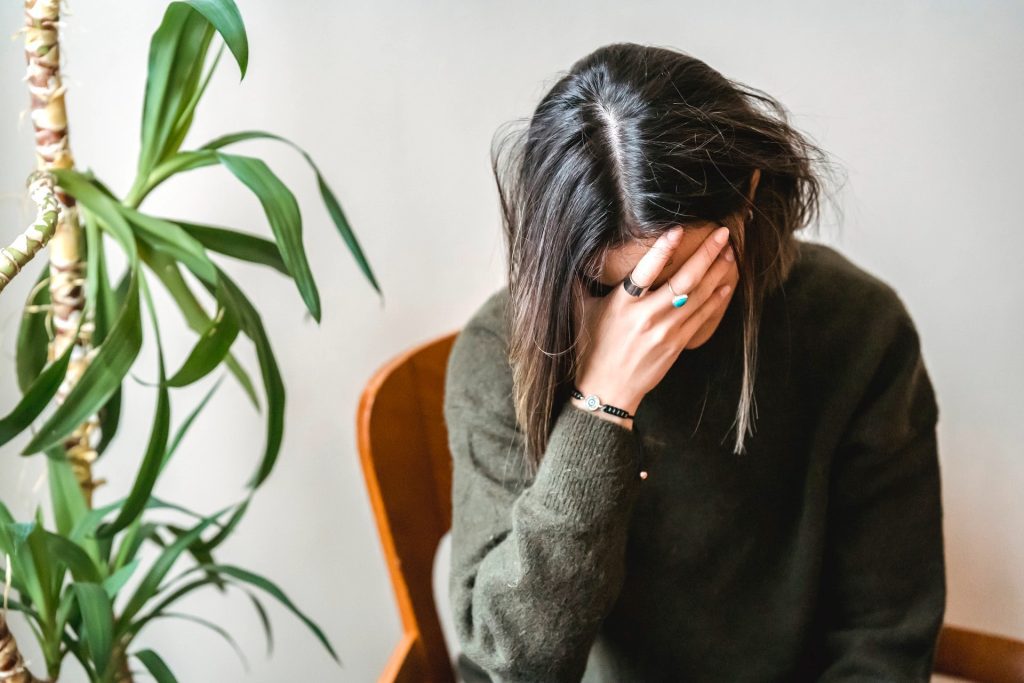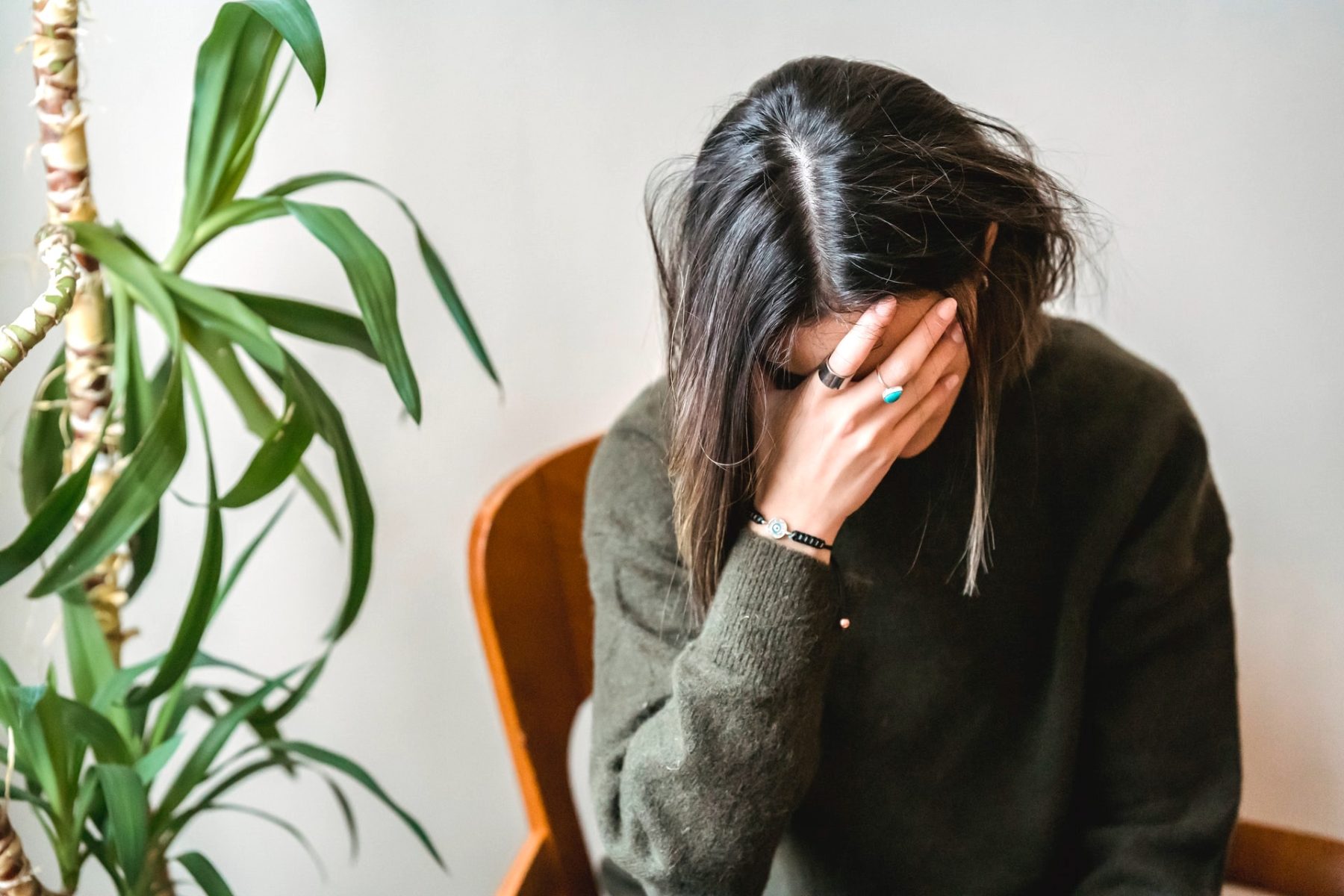
10 Minutes
CONTENTS
COVID-19 is a new and unfamiliar kind of coronavirus that spreads like an epidemic by an infectious SAR-CoV-2 virus. Most people who suffer from this disease recover after experiencing mild symptoms of respiratory illness, while others who are suffering from inferred medical risks like an acute respiratory ailment, cardiovascular diseases, diabetes, and cancer; this virus results in severe illness, and in most cases, it proves fatal.
The short-term effects of COVID range from fever, sore throat, cough, headache, repeated shaking with chills, muscle pain, loss of smell and taste, and shortness of breath. Aside from short-term impacts, this COVID also brings in many long-term repercussions that badly affect our mental health and social relations, and COVID anxiety is one of these long-term repercussions.
The COVID anxiety has resulted from many depressing factors like changes in your daily routine, national and internationally imposed lockdowns, social isolation, financial crises, the uncertainty of life, and the stress of getting ill. During this COVID pandemic, other feelings, including stress, fear, loneliness, sadness, and depression, aggravate COVID anxiety.

FAQs
A UNIQUE METHOD
a successful and proven concept focusing on underlying causesLASTING APPROACH
0 Before
Send Admission Request
0 Before
Define Treatment Goals
1 week
Assessments & Detox
1-4 week
Psychological & Holistic Therapy
4 week
Family Therapy
5-8 week
Aftercare
12+ week
Refresher Visit
Anxiety Insights
latest news & research on Anxiety
Best Anxiety Treatment Centers
For those seeking a more upscale and exclusive experience, luxury anxiety rehab centers combine high-end amenities with top-notch treatment
read moreAnxiety Test
read more
Life with Panic Disorder
More often than not, we can’t explain what’s going on with our minds. Emotions, thoughts and some happenstances are really intricate that we fail to understand what’s really going on. Panic attacks, for instance, stem from some type of fear. If it is recurrent, it might harm us greatly. However, there are ways to cope and manage panic attacks.
read more

























































